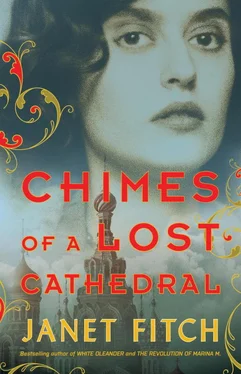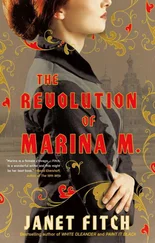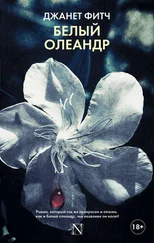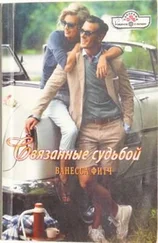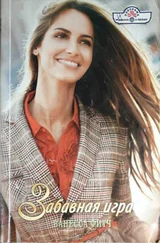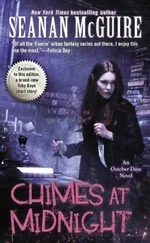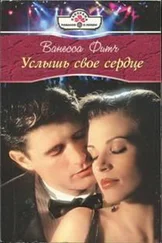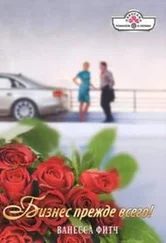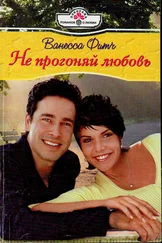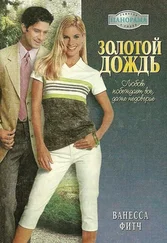The so-called agronomist took out a case and began assembling a cunning little chess set on his knee. “Does anyone play?”
He beat both the Petrocommune men, one in a shameful seven moves, narrating the game the whole time: Bishop to queen’s knight four. Queen takes pawn and checkmate. “You,” he said to the spets sitting opposite him. From where I lay in the top bunk, I could just see his shoes next to his wife’s heeled ones, and the boy’s sandals. “How about it? This tedium’s driving me crazy.”
“I can’t say I ever learned,” said the spets.
“He doesn’t do anything,” confided the wife, leaning forward. I could see the black roots of her blond hair. “Just plays with his chemicals. He doesn’t even know how to swim. Isn’t that right, Ivan Danilovich?”
Her husband said nothing. What a coward. Married to that loathsome woman. I wanted to plug my ears with wax.
“Amazing he knew how to get a kid,” said the thick-lipped “agronomist,” sitting with his knees wide apart, crowding his seatmates. “Sure it’s his?”
She preened at his attention, touching her hair. “You could teach my Yasha. He’s a very bright boy.”
I could imagine the smirk on that little brat’s face. I saw another reason children shouldn’t be praised—that was one the Evil Eye could take any time.
“Do I look like a schoolteacher?” said the bull-necked Chekist. “Someone. Anyone. Hey, you up there, Red, with the baby. I know you’re listening. Can you play? Give you half a sausage.”
Play the Chekist? “Win or lose?”
“Oh, a hard bargainer! Why not? I’ll beat you with one hand tied behind my back. Girl chess players. No concentration.”
We’d see about that. “But there’s no room for me to sit.”
“Make room. You, go up there.” He held out his chubby paws. “Hand me the baby.”
I hated lowering Iskra into those fat hands. I could only imagine how many lives they had ended. But I did it, handed her to him, then gingerly negotiated the climb down from the bunk, hoping my gun wouldn’t clunk against my fellow passengers’ heads. I settled next to the spets on the bottom bunk as the boy clambered up into mine.
Unlike the Vikzhel men, the heavy-jowled Chekist proved a considerable adversary. Good development of pieces, castle on the queen’s side. He made no mistakes. But I would change his opinion of girl chess players. The set was tiny, with little pegs that fit into holes in the board so we could hand it back and forth without losing any of the pieces. The way he narrated his moves, like a man playing to a crowd, was odd and intended to rattle his opponent: Knight to bishop three. Bishop to rook four.
“How’s the harvest looking?” I wanted to throw him too. “Will there be enough rye to plant for next year?” When all he probably knew about rye was cutting it—and not only rye.
“Oh, let’s not talk about rye,” he said. “A dull subject, even to me.”
Naturally. We were silent for a while, jolting and jarring on the untended track, gazing at the board. “How was it in Ekaterinburg?” I said. “Are the Whites still there?”
“Liberated, July 14, 2nd Red Army. And not a moment too soon. They must have shot twenty thousand workers. Even hosted a pogrom on the way out. I didn’t think there were that many Jews in Ekaterinburg.” He pursed his fat lips. “Pawn to queen four.” He sat back, satisfied. “That’s how you can tell when the Whites are losing—follow the trail of dismembered Jews.”
I shuddered. It had happened on July 14. Iskra had been a week old. I stared down at the tiny board. Twenty thousand. The very same troops who had massacred so many in Izhevsk just a short few weeks before we’d arrived had gone on to ravage Ekaterinburg. Exactly where the Red October had been heading. The same White Army that had taken the men from Praskovia’s village. Perhaps their husbands and sons had been among the pogromists—who could tell? I was learning one thing, people could go straight from church to hammering nails into a woman’s eyes. Nothing would surprise me again.
I took the agronomist’s pawn. Though it opened my queen to attack, I would take his as well. Something needed to happen. “So where are they now?”
“Tukhachevsky took Chelyabinsk at the end of July—5th Red Army. They’re across the Tobol now. Omsk by October. You heard it here first.” He touched his queen, but didn’t pick it up. “The English will abandon them soon—they’re starting to see their White angels aren’t so spotless. You should see the local whores—dolled up in English woolens. The corruption would make you Petrocommune fellows weep.” The men at his side were dozing. “The Whites are supplying our armies with half our weapons and food. Trotsky’s sending them roses. Kolchak keeps his hands clean, makes a big thing of it, but everyone else is up to their eyeballs. The peasants are raising armies in the east, all on their own.” Just as Yermilova said would happen. He moved the queen after all. “Queen takes pawn.”
Iskra woke and started to cry. “She’s hungry,” I said. “Excuse me, I have to feed her. Can we finish later?”
“Feed her, I don’t care,” said the man, grinning. Those horrible lips, moistening each other.
I jiggled her on my knee. “She can wait.”
“Babies shouldn’t go hungry. Don’t mind us.”
But I did mind. Normally I wouldn’t, but this man was far too interested in seeing me feed my baby for my taste. He gave me the shivers. But what was I to do? In compromise, I reached up over the heads of the spets couple into my bunk for Iskra’s cloth—a bit of modesty—only to find the boy reading my notebook, one leg crossed over the other, like a man reading a newspaper. He’d gone through my sack—my meager belongings, that brat! I would have slapped him but I didn’t want his mother to get involved. Instead, I took hold of the hand that held my notebook, and squeezed it. Staring him in the eye, daring him to cry out. I’d gotten plenty strong this summer working the fields, I could have broken that grubby paw, but when I saw the tears in his eyes, I let him go, pulled the notebook out of his hands and stuck everything back in the sack, knotted it and pulled my cloth out from under him.
“Play chess,” the Chekist called out.
“Right there.” I sat back down, put the cloth over my shoulder and undid my dress, put Iskra to the breast.
It was a long game. Torture, with Iskra slurping and smacking under the cloth, drawing the attention of the already too attentive Chekist, while I continued trying to play. He ended up winning, but I made him work for it. No more rude comments about “girl players.” As soon as we had finished, he gave me my half sausage, and set the board up again for another game.
The days passed. I learned about the Petrocommune men. One had been a shipping clerk at Eliseev’s specialty grocery in old Petersburg, the other had worked for the government in the timber industry. I lay in my bunk, playing with Iskra, and gazing at the passing trees outside the window. I wrote a poem about chess, a city of chess pieces, the chess game of our times. I recited Akhmatova aloud to her, and Blok, and Mandelstam—bathing us both in their verbal coolness. The spets woman was complaining about Perm, talking about her sister who lived in Kiev, on and on, I decided to cut a corner from a diaper to stuff into my ears. But when I rummaged in my sack—no scissors. The scissors I’d won from the Vikzhel men. There was no doubt as to what had happened to them.
“Yasha?” I asked, leaning over the side of the bunk. “You didn’t happen to see a pair of scissors, did you? Brass, about four inches long?”
Читать дальше
